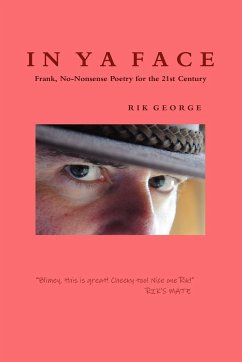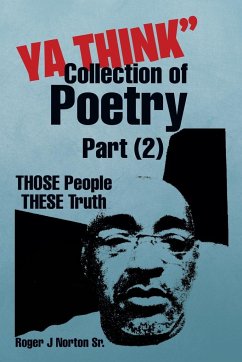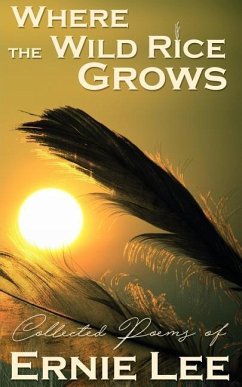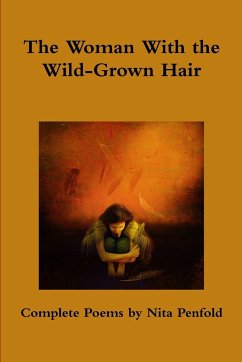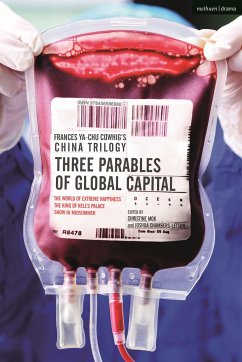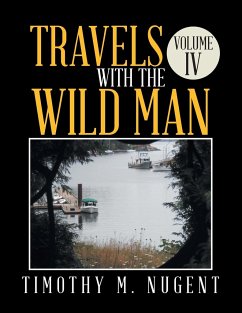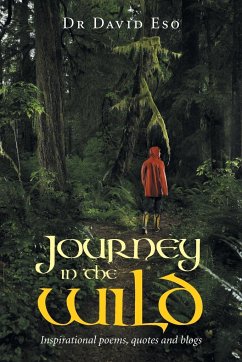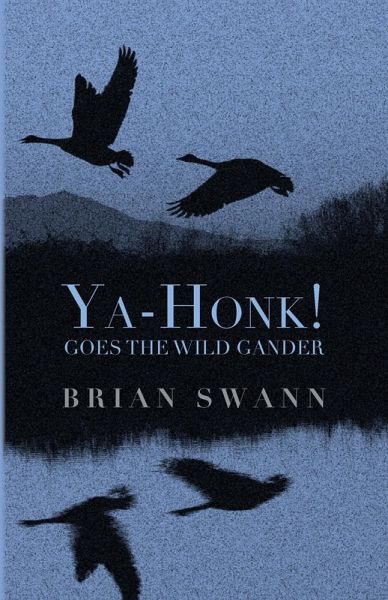
Ya-Honk! Goes the Wild Gander
Versandkostenfrei!
Versandfertig in 1-2 Wochen
22,99 €
inkl. MwSt.

PAYBACK Punkte
11 °P sammeln!
Here be divagations, wanderings through Covid-stricken Manhattan streets woven together with accounts and excursions through the mind's spaces, memories real and imagined, incidents and adventures comic and sad in a world off-kilter, a mix of marvelous and concrete, quotidian and outre¿ all playing against a pandemic background of " Time, the chorus," now luxurious as prose-poem, now expansive as fiction or essay, sheltering in place or moving through landscapes foreign and domestic, all held together floating in nervous air while the mind tells stories like Scheherazade, trying to trick the ...
Here be divagations, wanderings through Covid-stricken Manhattan streets woven together with accounts and excursions through the mind's spaces, memories real and imagined, incidents and adventures comic and sad in a world off-kilter, a mix of marvelous and concrete, quotidian and outre¿ all playing against a pandemic background of " Time, the chorus," now luxurious as prose-poem, now expansive as fiction or essay, sheltering in place or moving through landscapes foreign and domestic, all held together floating in nervous air while the mind tells stories like Scheherazade, trying to trick the tyrant into a change of heart and set us loose again to wander where the sun never sets and Ya-Honk! goes the wild gander. It's an amazing book. These prose meditations circle, engage, even deflect the looming presence and isolations of the Covid year. Swann's "emergent occasions" are vividly described city streets, domestic moments, dreams recalled or proposed and wonderfully angular, brief narratives. In their digressive qualities they recall Defoe's Journal, not as source but as precedent. Covid left us all with varied emptiness and arbitrary time. Swann offers us his effort to fill in the blanks. -Michael Anania ... chronicles the Covid-19 pandemic as dystopian sci-fi literature, capturing the uncertainty and fear through direct experience.... And then, as can happen, when the daily trappings of life are stemmed and a community is ordered to shelter in place, the writer extracts resources from his files-memory, imagination. In the fertile, isolated mind, in the storehouse of recall and creativity, the vignettes arise. Astute and conversational, Swann's fragments swirl swiftly from encounter to concept, from ordinary moment to momentary insight. -Martine Bellen ... Brian Swann tells us the Iroquois term "ononharoin" is the ceremony in which the brain is turned upside down, where you can only riddle to get what you want. His prose poems and fictions circle real-time memories ... to recreate the mysteries of one "who captures the blue in the prism all around" and "the noise the emptiness makes." The narrator finds maggots under the floormats in "The Other Side," a man "who strangles balloons into sausages" in "The Contortionist," and a penknife that animates a desk in "Ducks." Each piece is a kind of riddle, plunging into life and where they emerge is always a surprise. -Terese Svoboda






